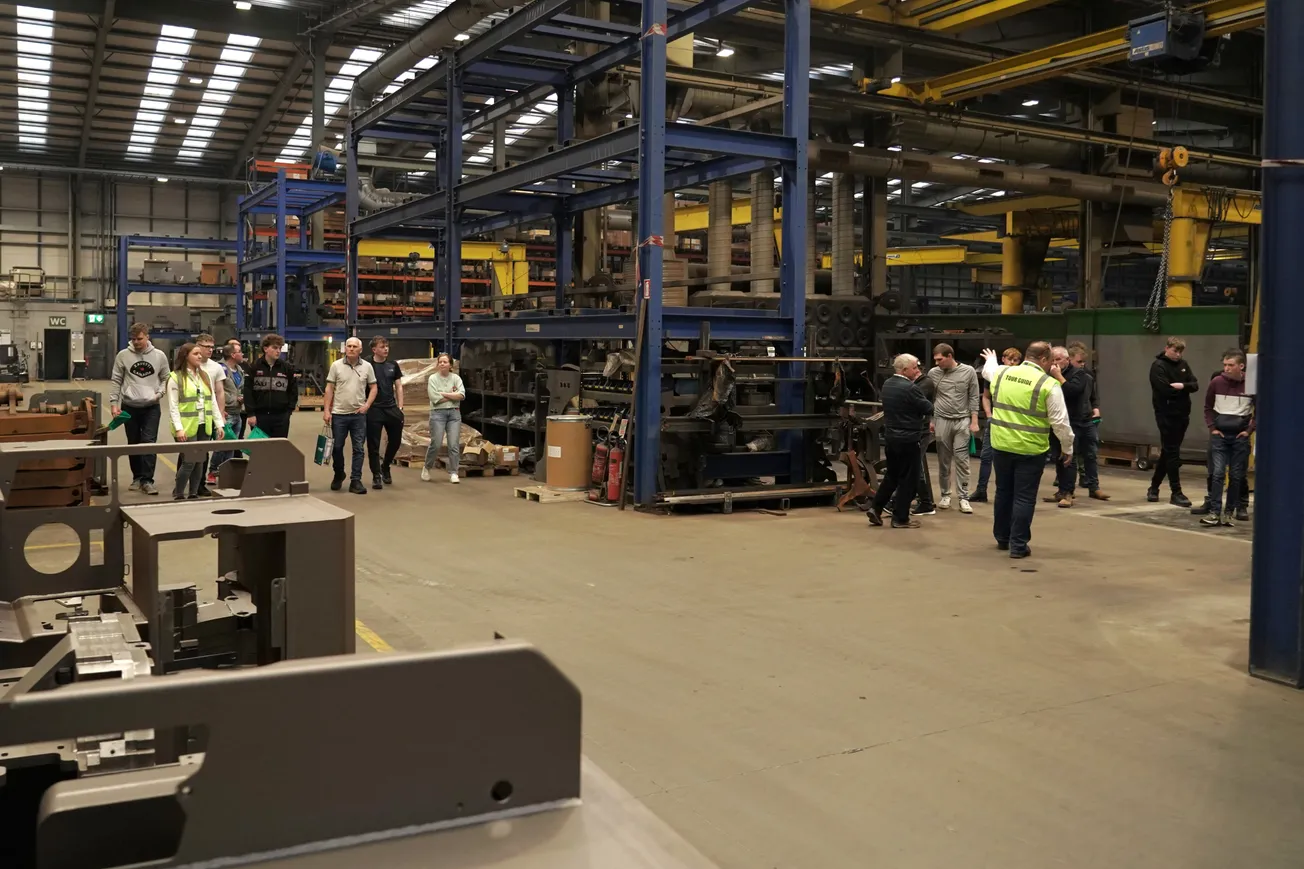Table of Contents
Although a term often associated with baseball and other sports, the meaning of “follow-through” goes far beyond that. The definition, as seen in the Free Dictionary is: to engage in an action or complete some task that one said or implied one would do. And according to executive coach Cynthia Corsetti, people who consistently apply follow-through “will complete projects on time, on budget, and with satisfied clients.” In a nutshell, that’s how you succeed in the lumber industry.
This is what I’ve learned from a lifetime of dealing in wood. I grew up smack dab in the middle of the industry—my father was the president of Roseburg Forest Products—and although I wasn’t necessarily married to the idea of continuing the family tradition, I’ve only had one job that wasn’t in this sector. Working for Pepsi had its advantages, including all the Mountain Dew my 18-year-old self could drink, but the truth of the matter is that lumber is where my path brought me.
The Wind-Up
After a promising summer internship, I spent my senior year of college taking classes two days a week and working three days at Patrick Lumber, Portland, Or., which had offered me full-time employment upon graduation. One of the final steps before claiming a business degree was to complete a huge project that required students to build an international company on paper—mapping out the balance sheet, describing how the entity would be profitable, etc. I was already working for an international trading company, so the assignment was a piece of cake.
While some classmates turned in papers that were 60 to 90 pages long, my report was all of 19 pages. The instructor called the work substandard, saying it was way too basic and simple; but the bottom line is that what we do in lumber isn’t rocket science. Actually, it’s basically a service industry! The truth of the matter is if you have a good personality and a good heart, if you can be honest and have a high level of integrity and you can follow through and take care of people—whether they are suppliers or customers—you can be successful.
Although my professor wasn’t impressed at the time, she came to have an appreciation later. I ran into her after being invited back to my alma mater nine or 10 years later to offer some real-world perspective to a group of seniors. After giving me a mediocre grade and using my report over the years as an example of what NOT to do, she was shocked that my formula for success hadn’t changed. By then, I had moved on from Patrick to Western Lumber. At that time, Western was a $15-million company, and it operated under the same principles of integrity and follow-through that I learned at Patrick and that seem to permeate this industry.
The Big Leagues
Probably one of the most memorable examples in my own experience unfolded when Western Lumber was switching from a regional bank to a global one. We were sitting down with four “suits” who were anxious to review some of our contracts.
“We don’t have any,” I told them.
“You’re going to buy all of this wood internationally and bring it to the United States to sell. What is that based on? Without a contract, how can you be sure the buyers are good for it?”
In response, I retrieved a file folder and presented it to the bank representatives. They opened it only to find a cocktail napkin with barely legible writing scribbled on it.
“What’s this?!” they asked.
“That,” I replied, “is a contract for a million board feet.”
I had spent two days with the owners of multiple sawmills in New Zealand, looking at timber and visiting their manufacturing sites. The cocktail napkin represented terms we agreed to around 2:00 the night before I flew out. I wasn’t worried about a formal contract, because we had integrity. I’ve known this guy for 20 years, I explained, and I believe he’s going to follow through because he said he’s going to follow through. And if he says he’s going to do it, he’s going to do it!
Now, it’s true that you can follow through and get burned. Not everything’s a win. But you do follow through. The bottom line is if you make a promise to somebody, you honor it. And if, for whatever reason, you can’t honor it, you carry the burden of being the bearer of bad news. Yes, it sucks. Yes, it’s uncomfortable. But when you have the fortitude to tell the truth about a situation, you give your supplier or customer the option of contingency planning versus just kicking the can down the road and crossing your fingers that everything is going to work out. It’s so much better to be honest and open. It might cost you an order at that point in time, but probably what it does is buys you trust.
Team Roseburg
I’ve learned so much over the years, through my own mistakes and the guidance of others. Although I never worked full-time for my family’s company, there’s no shortage of lessons there. My involvement with Roseburg as a shareholder, adviser and member of various boards and committees also helped teach me the fundamentals of follow-through.
My dad, in particular, was instrumental in putting me on the track that I’m on. He gave me two pieces of advice, which are always with me. First, always tell the truth—because then you don’t have to remember what you said—and second, it may take 20 years to build a decent reputation in this business, but it will only take 10 minutes to destroy it. If you don’t have a high sense of integrity and you’re just out there trying to make a fast buck, the lumber industry just isn’t the place for you.
I’ve taken those lessons to heart, and they’re why I run Western Lumber the way I do. I don’t ask my traders, who are independent contractors, to sign non-compete agreements, because I wouldn’t want anyone to ask me to do the same (I still trade every single day). I wouldn’t want, with coronavirus shaking up business the way it is, to start manipulating commission schedules, because I wouldn’t want somebody to do that to me. Work is so much more than business, another value my dad instilled in me: there are people that you have a responsibility for and to.
Home Run
So to bring it home, I repeat: what we do is not rocket science. But it is hard work that requires time and patience. If you continually concentrate on the process, the results will take care of themselves. If you’re only results-oriented, always looking at your comp sheet, you’re in trouble. But if you create great processes, and you take care of people, things will start to happen. It’s just an evolution. And it starts with the follow-through.









